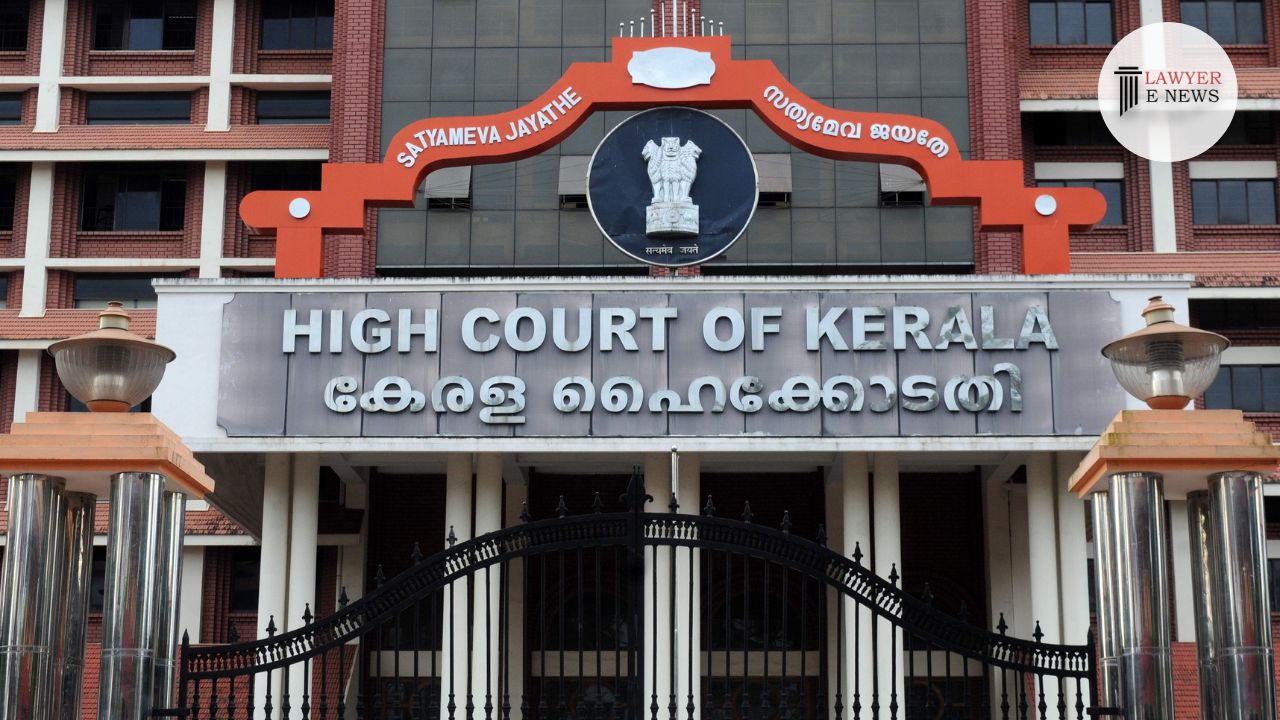-
by Admin
15 February 2026 5:35 AM



On May 28, 2024, the High Court of Kerala, presided over by Justice V.G. Arun, dismissed a civil revision petition filed by Power Grid Corporation of India Ltd. The petition challenged the enhanced compensation awarded by the II Additional District Court, Thiruvananthapuram, for the loss of land value and trees due to the installation of 400 KV electric lines across the respondent’s property. The High Court upheld the District Court’s decision, confirming the legitimacy and accuracy of the compensation awarded.
The High Court meticulously reviewed the District Court’s process in assessing the loss due to the cutting of trees and the subsequent diminution of land value. The compensation for the trees was calculated based on the oral evidence provided by the respondent and corroborated by documentary evidence. The court found the valuation to be reasonable and justified. “The procedure adopted by the court below is just and proper,” noted Justice Arun, highlighting the detailed breakdown provided for the valuation of various trees such as coconut, arecanut, and rubber.
For the reduction in land value, the District Court relied on extensive evidence, including commission reports and site-specific factors. The court awarded 30% of the land value for the affected area and 100% for the tower footing area. The High Court found no fault with this method, noting that the valuation was consistent with judicial precedents and based on a comprehensive analysis of the land’s commercial value and its impact due to the electric lines. “The discretion vested with the court was properly exercised,” the judgment stated, affirming the lower court’s approach.
The petitioner argued against the interest awarded on the compensation amount. However, the High Court dismissed this contention, stating that the District Court’s decision to award 9% interest per annum was within its judicial discretion and aligned with legal precedents. Referring to the Apex Court’s guidance in cases such as KSEB v. Livisha (2007) 6 SCC 792, Justice Arun emphasized that the interest was appropriately granted from the date of the trees’ cutting.
The High Court thoroughly examined the principles applied by the District Court in determining the compensation. The legal basis for awarding 30% land value compensation for the affected area and full value for the tower footing area was found to be well-grounded in judicial principles and past precedents. The court reiterated that the guidelines issued by the government were not binding on the court while fixing compensation, further legitimizing the District Court’s independent valuation.
“The discretion vested with the court was properly exercised by awarding 30% of the land value as compensation for the land affected due to the drawing of electric lines and 100% for the tower footing area,” Justice Arun remarked, underlining the court’s commitment to fair and just compensation.
The High Court’s dismissal of the revision petition underscores the judiciary’s role in ensuring equitable compensation for property owners affected by infrastructure projects. By upholding the enhanced compensation awarded by the District Court, the judgment reinforces the legal framework for assessing land and tree value losses and highlights the courts’ discretion in awarding interest. This decision serves as a significant precedent for future cases involving land acquisition and compensation disputes.
Date of Decision: 28th May 2024
Power Grid Corporation of India Ltd. Vs. Devaki Amma and Others
